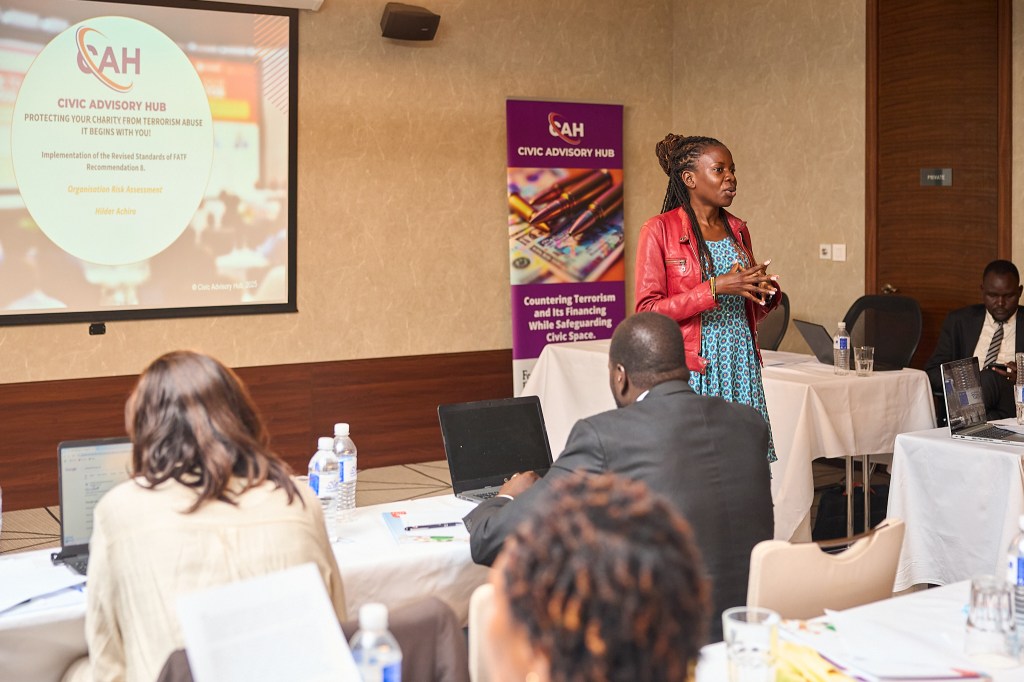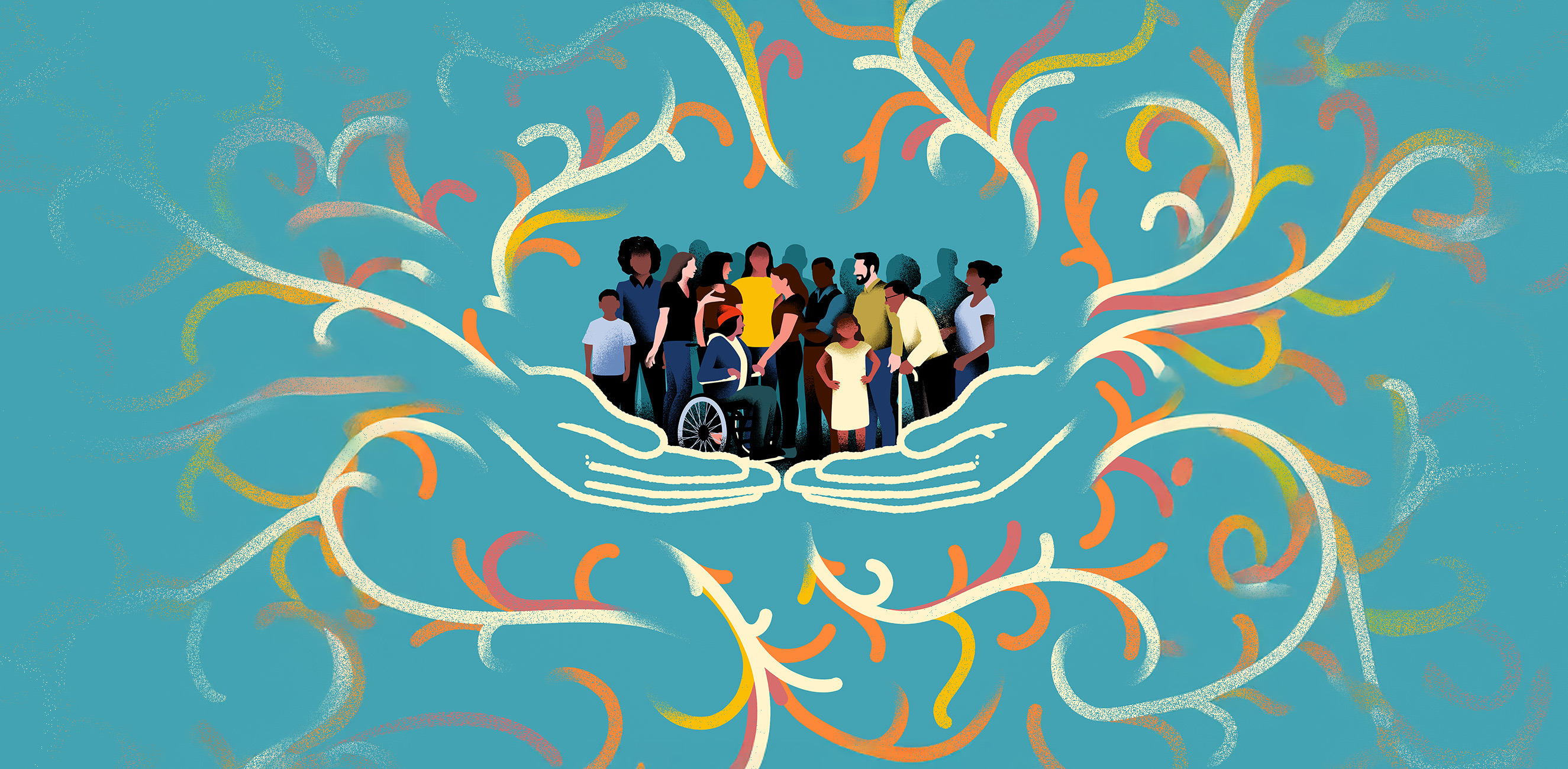
Healthy civic spaces are built on trust, transparency, and collaboration between every part of society—and they must amplify the voices of communities closest to challenges. After decades of top-down efforts led by organizations from the Global North, African leaders and organizations are asserting their essential roles in building and maintaining sustainable civil society institutions. The Civic Advisory Hub (CAH)—a research, advocacy, and capacity-building nonprofit based in Kampala, Uganda—is proving crucial in this work.
“Our approach is rooted in African solutions to global challenges,” said Yona Wanjala, executive director of CAH. “We build partnerships and networks with civil society across the continent and globally to closely engage with stakeholders and empower and amplify civil society voices.”
CAH leverages its robust and widespread network of experts from the public and private sectors to safeguard civic freedoms and protect civic space. It supports civil society actors, academics, private sector, and government bodies at national, regional, and continental levels to build collective power, conduct strategic research and advocacy, enhance capacity, promote transparency, and encourage diplomacy-centered, open dialogue to address ethical and safety issues related to civic space. The organization also works to strengthen trust between nonprofit organizations and government institutions, aiming for a collaborative approach to tackle emerging challenges. “The Civic Advisory Hub advocates for trust as a new currency of governance and transparency where everyone’s voice matters, human rights are placed at the heart of every policy process, and civil society organizations can operate without fear, reaching their full potential,” said Wanjala.
Learn more about Guardians of the Public Square
At the heart of CAH’s mission is what Wanjala calls “empower to empower.” By providing training and resource support to local leaders, it enables them to strengthen their networks, establish their own priorities, and equip future leaders who have the knowledge and contexts to improve their communities. Rather than imposing external ideas, CAH supports people to innovate their own solutions. A prime example is their Nonprofit Organizations-Regulators Connect initiative. This program tackles the challenge of global frameworks, such as those for anti-money laundering and countering terrorism financing, which can sometimes be used to restrict civic space in African settings. By fostering dialogue and collaboration between nonprofits and regulatory authorities, the program helps mitigate risk while transforming a potentially adversarial relationship into one of partnership and mutual respect.
“We recommend to our partners that if a model does not work for their particular country, drop it and tailor it in a way that works,” said Wanjala. “Their experience and knowledge is what is going to be relevant and useful.”
Through CAH’s collaborative approach between subject matter experts, policymakers, nonprofits, and civil society groups at the local, national, and regional levels, the organization aims to establish programs and processes that can be replicated and adapted across the continent.
“Ultimately,” Wanjala said, “we envision a future where African civil society leads their own development agenda and civic participation is protected, recognized, and valued.”
